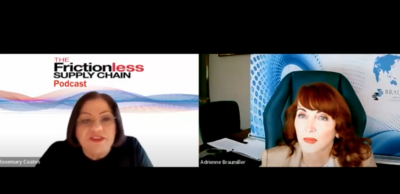
The Frictionless Supply Chain Podcast with Adrienne Braumiller
Rosemary Coates interviews Adrienne Braumiller for an in depth conversation about the Uyghur Forced Labor Protection Act and the stress caused on global supply chains.

Rosemary Coates interviews Adrienne Braumiller for an in depth conversation about the Uyghur Forced Labor Protection Act and the stress caused on global supply chains.
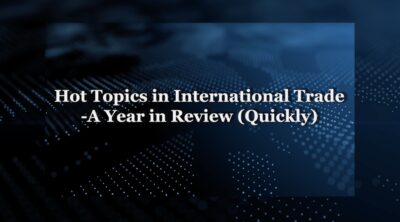
A summary of international trade topics from 2023 including subjects such as Section 301, Ukraine War, Russian sanctions, automation of customs processes.

Companies try to shield detection of forced labor goods from the Uyghur Region in China by shipping through Malaysia to avoid accurately reporting the country of origin. Adrienne Braumiller discusses the importance of tracing your supply chain to avoid violating forced labor laws.

What is in store for Web 3.0, digital assets, DAOs, blockchain, and others. James Holbein discusses a future where these tools will be simple, fast and easy to use.

James Holbein discusses the future of regulation and oversight of crypto currency, including from the U.S. Congress, the Fed, SEC, the U.S. Treasury Department, and other agencies.
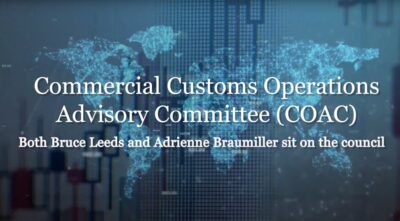
Bruce Leeds discusses the changing landscape for customs brokers amid changes recommended by COAC (Commercial Customs Advisory Committee) which is an advisory committee to U.S. customs. The result are changes to modernize regulations through an overhaul of part 111 of the customs the regulations, including responsible supervision and control.

James Holbein discusses FTX and the emerging crypto currency industry. He includes the importance of transparency offered by blockchain, something that FTX masked.

Adrienne Braumiller discusses forced labor, its definition and how it’s regulated. U.S. forced labor prohibitions have been in place since the 1930s but an exercisable exception was repealed in 2015. In the current landscape, importers and exporters must navigate WROs (Withhold Release Order) and findings.

Bob Brewer discusses international trade and an upcoming meeting between President Biden and China’s President Xi Jinping. He discusses the Chinese threat to Taiwan and whether Xi will take lessons from Putin and is invasion of Ukraine.
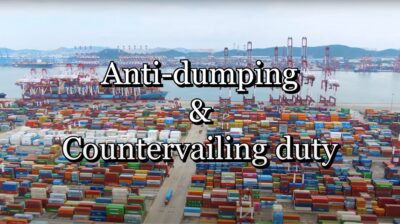
Harold Jackson discusses China, anti-dumping and countervailing duty. Impacts on products such as steel and aluminum are discussed and how China has increased production of metals that are cheaper than those manufactured in the U.S.. He discusses the sizes of associated dumping rates that are used to protect domestic industries.
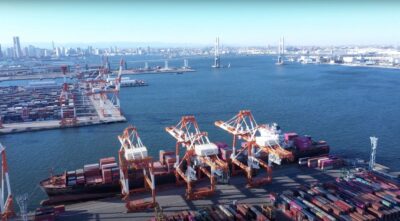
Harold Jackson discusses China and BIS (Bureau of Industry and Security) action on AI, advanced computing and semiconductors that restricts exports to China. He reviews licensing and how companies can navigate through these restrictions.
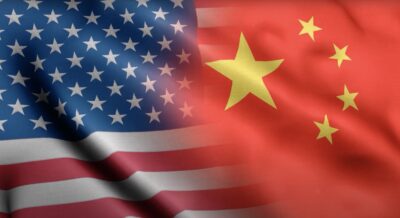
Brandon French discusses section 301. He reviews China entering the WTO in 2001 and the 2017 USTR investigation that led to tariffs on Chinese imports to the U.S.. Brandon talks about the process of tariff exclusion requests for goods deemed to be only available from China.

Noticed an error trade classifications? Adrienne Braumiller discusses the process and benefits of prior disclosures.
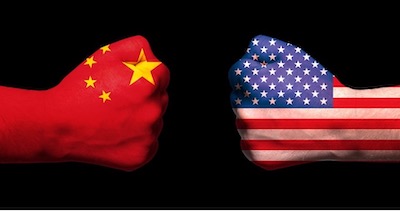
By: Adrienne Braumiller, Partner & Founder, Braumiller Law Group
China Tariffs are here to stay – for now. The Biden Administration continues to defend the Trump-era tariffs on goods from China with little guidance as domestic inflation climbs steadily. Meanwhile, 2022 has been a busy year for the Office of the U.S. Trade Representative (“USTR”). The agency was instructed by the Court of International Trade to provide further written justification for the Section 301 Actions for Lists 3 and 4a in the wake of the agency’s obligatory four-year review of each tariff action.
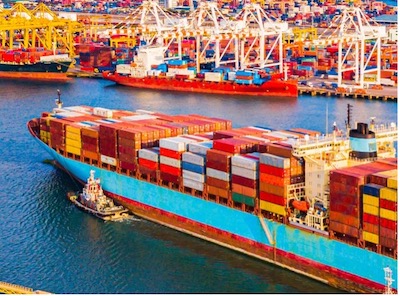
By: Bob Brewer, Braumiller Law Group
The Maritime Port Authority (MPA in Singapore) is currently in the process of building the Tuas Port, which will be the biggest port in the world with a capacity of 60 million TEU’s (twenty-foot equivalent units) once it is fully completed in 2040. PSA, the company taking the lead in the construction has implemented a four-phase process, with the first phase officially opening this September 2022, with three berths being operational.
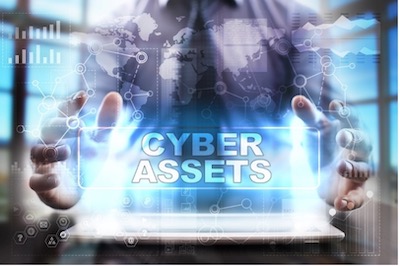
By: Mike Smiszek, Senior Trade Advisor, Braumiller Consulting Group
An inherent aspect of any new technology is that it doesn’t take long for bad actors to figure out how it can be weaponized for nefarious purposes. Cyber-related technologies represent an increasingly dangerous area of risk for everyone, whether they are individual citizens, business and infrastructure entities, or governments. Adversaries of the U.S., including China, Russia, and North Korea have engaged in acts of cyberespionage, often intended not only to cause actual harm, but also to test our ability to counter acts of malicious cyber-intrusion.
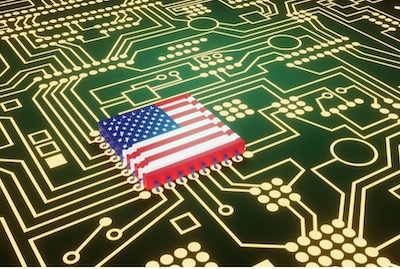
By: Craig McClure, Senior Trade Advisor, Braumiller Consulting Group
Unless you’ve been living on a lost island in the South Pacific, you are no doubt aware of the shortage of semiconductors. The shortage and supply chain issues have been highlighted in media reports that feature video images of parking lots and fields full of partially assembled automobiles at many U.S. auto manufacturing locations.
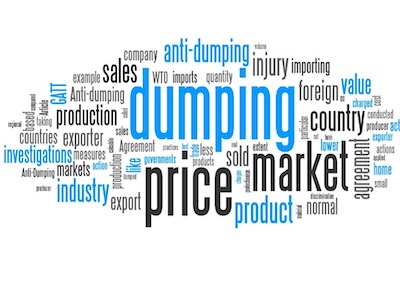
By: Paul Fudacz, Partner, Braumiller Law Group
In Antidumping (AD) investigations, the U.S. Department of Commerce (DOC) typically selects only a limited number of exporting entities for review, with these exporters referred to as “individual” or “named” respondents. Selection of these respondents is based on U.S. Customs and Border Protection Data, and in most cases due to limited DOC resources, will consist of only a few of the largest exporters. If the selected respondents cooperate fully with the government investigation, and can demonstrate fair export pricing, they can obtain an individual AD rate that is generally favorable, or possibly de minimis, resulting in a zero rate.
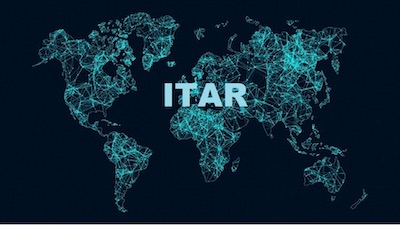
By: Bruce Leeds, Senior Counsel, Braumiller Law Group
Joe Compliance has an export control issue involving definition of some of the terms being used. Joe goes to the website of the Directorate of Defense Trade Controls (pmddtc.state.gov) and clicks on “Review the ITAR.” He opens Part 120 where the definitions are found.
By: Brenda Cordova and Francisco de la Cruz, Of Counsel, Braumiller Law Group
According to the science of composition, a semiconductor is a material which, when subject to light, heat or a specific electrical voltage may be transformed into a conductor. Semiconductors are used to produce memory sticks, PC cards, smart cards, microchips, microprocessors, transistors, compact flash, start media, among many other items.

Braumiller Law Group PLLC, is an international
trade law firm based in Dallas, TX, U.S.A. Braumiller
Law Group provides legal services related to
international trade and Customs regulations.








This website is a resource of general information. The content provided is not to be considered as legal advice and is not intended to create an attorney-client relationship